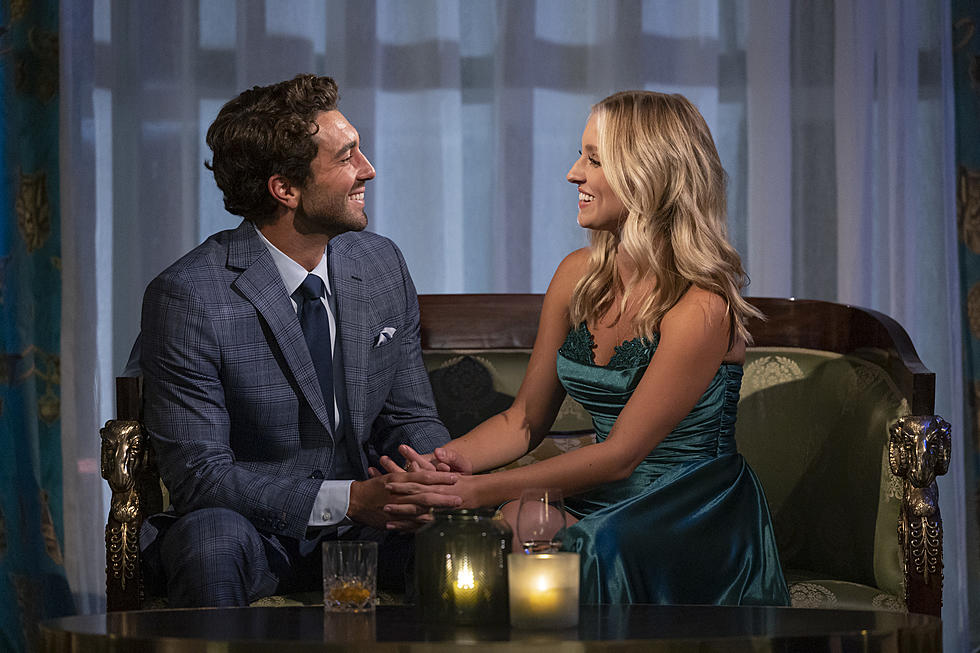![Legendary Sci-Fi Writer Ray Bradbury Dead at 91 [VIDEO]](http://townsquare.media/site/66/files/2012/06/Ray2.jpg?w=980&q=75)
Legendary Sci-Fi Writer Ray Bradbury Dead at 91 [VIDEO]
He was once quoted as saying, "I don't try to describe the future, I try to prevent it." Ray Bradbury has taken his final step into the unknown, passing into the ether at his California home after an extended illness.
A message on his website relates a pivotal moment in his childhood;
Throughout his life, Bradbury liked to recount the story of meeting a carnival magician, Mr. Electrico, in 1932. At the end of his performance Electrico reached out to the twelve-year-old Bradbury, touched the boy with his sword, and commanded, Live forever! Bradbury later said, I decided that was the greatest idea I had ever heard. I started writing every day. I never stopped
In reality, Ray Bradbury did much more than write. Whether you own tattered copies of The Martian Chronicles, Fahrenheit 451 or The Illustrated Man, Ray's amazing prose made you alternately anticipate, contemplate and fear for our future.
Even when Ray was writing about the present, like in Something Wicked This Way Comes, or even the past as in Dandelion Wine, you wondered if there was a way something you personally could do to correct the path of his characters. But in every essay, short story or novel, he presented you the way out, a way for humankind to find it's better deliverance. You were always a better person after reading his work.
His accolades bore this out, Ray was awarded the 2000 National Book Foundation Medal for Distinguished Contribution to American Letters, the 2004 National Medal of Arts, and the 2007 Pulitzer Prize Special Citation. Not only has he received distinguised literary honors, but he is immortalized as an award himself; The Ray Bradbury Award, is presented by the Science Fiction and Fantasy Writers of America for screenwriting. He was also given a star on the Hollywood Walk of Fame, and won an Emmy for his screenplay of The Halloween Tree. He even has an asteroid named after him: 9766 Bradbury.
In the video below, you get to see a very animated Ray talk about himself, his favorite works that inspired him and reveals where he wrote one of his most famous works; Fahrenheit 451. It was shot for the National Endowment for the Arts.
More From 103.7 The Loon









